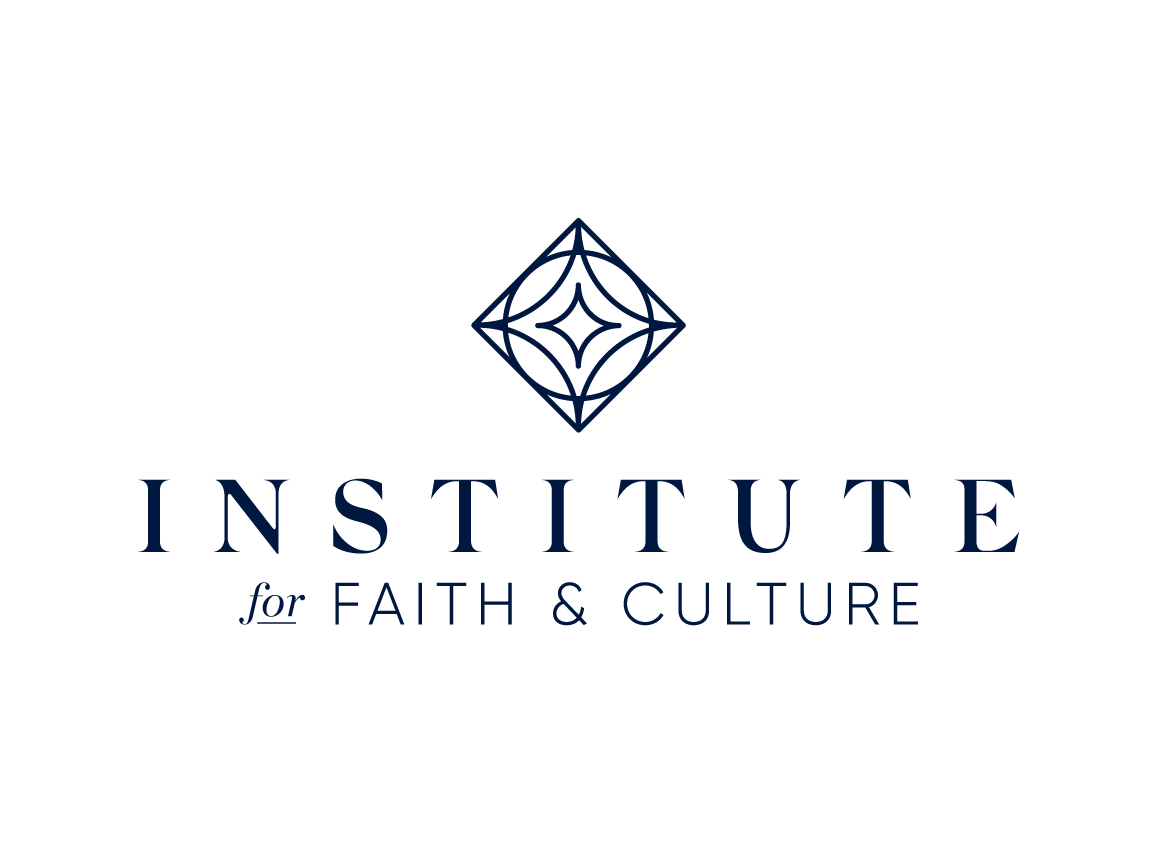
Christianity and the Colonial Period
During the earliest stage of our nation’s formation—the Colonial period—Christian influence was abundantly evident. Most of the colonies gave explicitly Christian rationales for their way of life. This was most obvious with the Puritans, who wanted to create a “shining city on a hill” (cf. Mt 5:14) but also evident in colonies such as Virginia, whose 1610 legal code urged “reverence to God” for “the glory of God.” Early colonial laws and constitutions were filled with sacred language, recognizing that God alone can endow legitimacy on a nation.
Early colonial laws and constitutions were filled with sacred language, recognizing that God alone can endow legitimacy on a nation.









